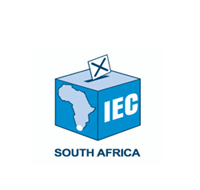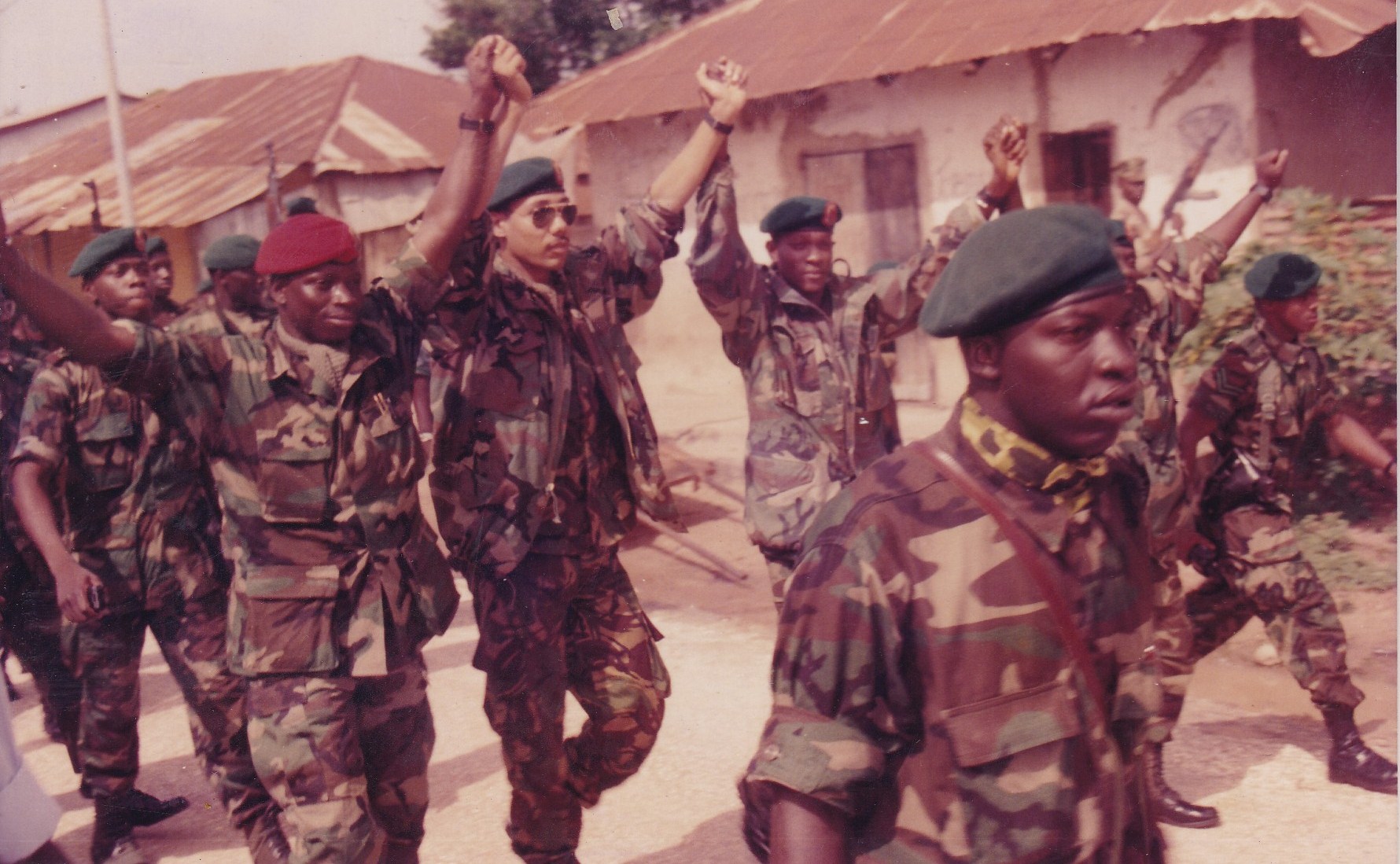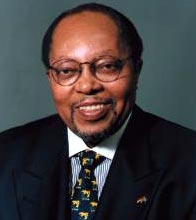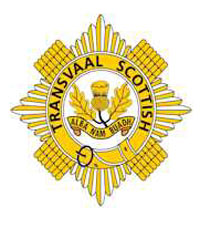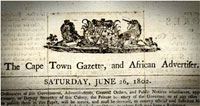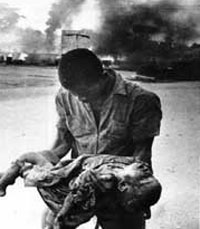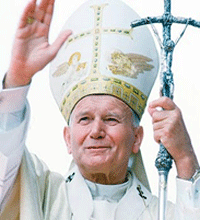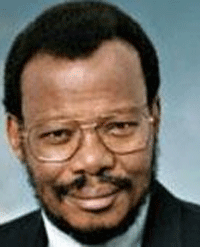Van Zyl Slabbert is elected as the leader of the PFP
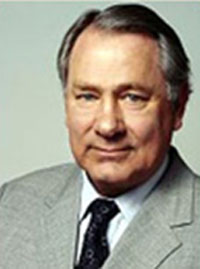
On 3 September 1979, Dr. Frederik van Zyl Slabbert was elected as the leader of the opposition party, the Progressive Federal Party (PFP). He took over from Colin Wells Eglin, who was elected the party's National Chairman. Eglin replaced van Zyl Slabbert when he resigned in 1986.
Born in Pretoria to an Afrikaner family, van Zyl Slabbert grew up in Pietersburg (now known as Polokwane). Van Zyl Slabbert matriculated from the Pietersburg Afrikaans High School in 1958.
